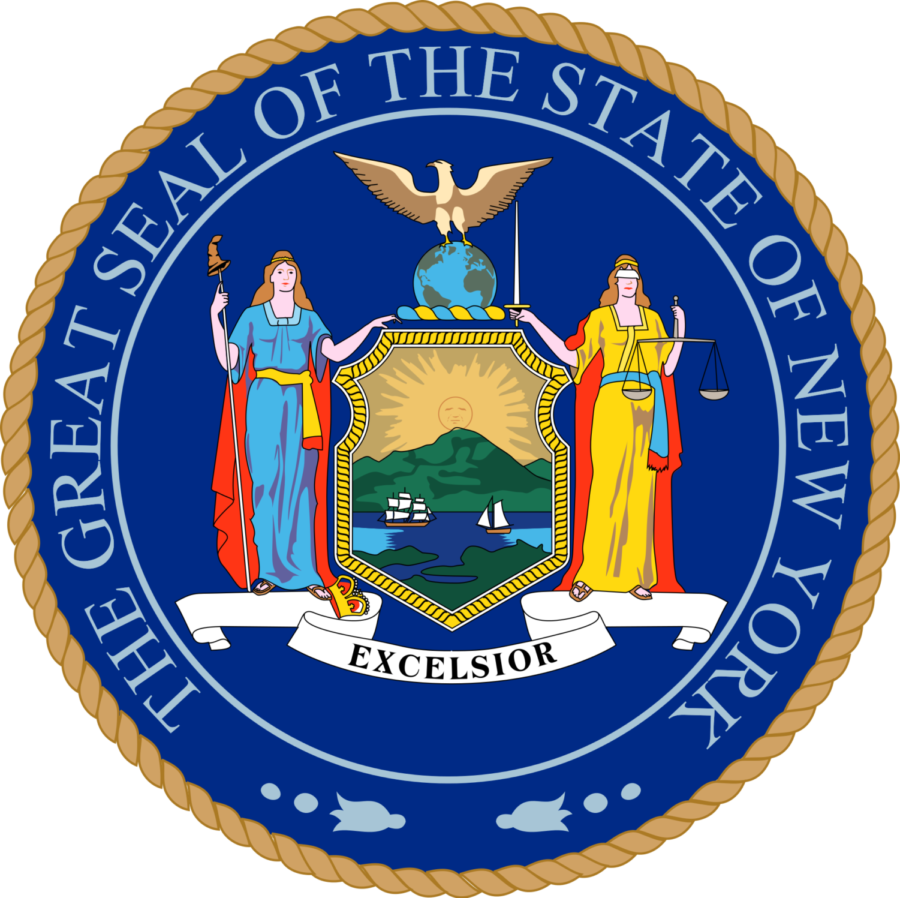The NY Primary’s Lasting Impact on Local and National Politics
The day has gone by so very quick, and not just because it was a school day, but of the significance of the day, Sept. 13. The day has, ironically, two meanings for me. It’s both my brother’s birthday and the day the Democratic Party took a tactical shift to the left. This day was one that will affect the not only the nation, but also Pace come the 2018 midterm elections.
The New York Democratic primary had one focus: the governor’s race. With current Governor Andrew Cuomo winning around 65% of the vote, he easily won the race against former Sex and the City actress and activist Cynthia Nixon. This might mean nothing to you, from the surface at least. Throughout the primary, Cuomo was continuously being attacked by Nixon from the left, forcing the current Governor to change his view on stances he previously held.
This includes now supporting issues like legalizing marijuana use in the state, addressing crumbling public housing in New York City, to the possibility of banning plastic bags in the state as well. Nixon, while not gaining the Democratic nomination, still felt like this was a victorious campaign that accomplished something.
“We have changed what is expected of a Democratic candidate running in New York and what we can demand from our elected leaders,” she told supporters during her concessions speech Thursday night.
Nixon is not wrong, as this wave was felt outside the governor’s race as well.
In other primaries, there were significant gains made by the democratic socialists running against incumbent Democratic legislators throughout the US during this midterm season. From the upset in New York’s 14th congressional district, where Alexandria Ocasio-Cortez won against incumbent Democrat Caucus chair Joe Crowley, and the primary win of Andrew Gillum for Florida Governor, democratic socialists are making a move and joining the political stage.
This also includes multiple wins from progressives against New York’s Independent Democratic Committee (IDC) lawmakers, who caucused with the Republicans more often than not. Along these same lines, we saw the primary win of Julia Salazar against eight-term incumbent Sen. Martin Dilan of New York’s 18th District and the victory of Alessandra Biaggi against incumbent Sen. Jeff Klein in New York’s 34th District. These and many more victories across both the state and country during the primary process reflect the same result for the party: that it is moving to the left.
Many democratic socialists are rejoicing after last week’s primaries, as it seems all but certain that the Democratic Party’s platform has to change; the party is leaning more left than ever before. However, that can spell disaster in the national conversation and here at home, especially with the way we talk about politics today.
With a semi-socialist movement in the party, the idea of debating and discussing politics as a college student–and student in general– in the 21st Century is basically impossible. Democrats and Republicans have always been at odds due to each party having profound, conflicting ideological differences. Although, with the addition of an ever-growing democrat-socialist hybrid, Republicans have adopted a new buzzword used to discredit Democrats.
Before the turn of the decade, I could have talked about my democratic views freely and without fear that I would be painted as an evil socialist that wants to see government control the whole world around us. But today, the moment I speak, I am shut down and called a “Hillary supporter” and “socialist monster”.
However, the same twisting of words occurs from Democrats to Republicans, lumping them into categories such as a “Trump supporter” and “capitalistic-freaks.” The problem now is that we are growing more apart, than together. The election of Trump in 2016 and the sudden rise of democratic socialists as the candidates of the Democratic Party are both events that paint a bigger picture of the cataclysmic divide that is occurring in our country’s politics.
If the trend continues, the country will be led down a path of more resistance against the ideas of compromise and resolution.
As a final note, remember to vote this upcoming November. Not to mention, be wary of your vote and know who to choose before you enter the voting booth come Election Day. In the end, the people will elect the candidates they want to run this country for at least the next two years.
But when the results are in, and a more polarized Democratic and Republican party is elected into office, don’t be surprised if you can never again have a civilized conversation with another person about politics if they have differing views than you do, whether here on campus or around the country.
Your donation supports independent, student-run journalism at Pace University. Support the Pace Chronicle to help cover publishing costs.


John DiMartino Jr. • Oct 2, 2018 at 11:29 am
Great piece my man !